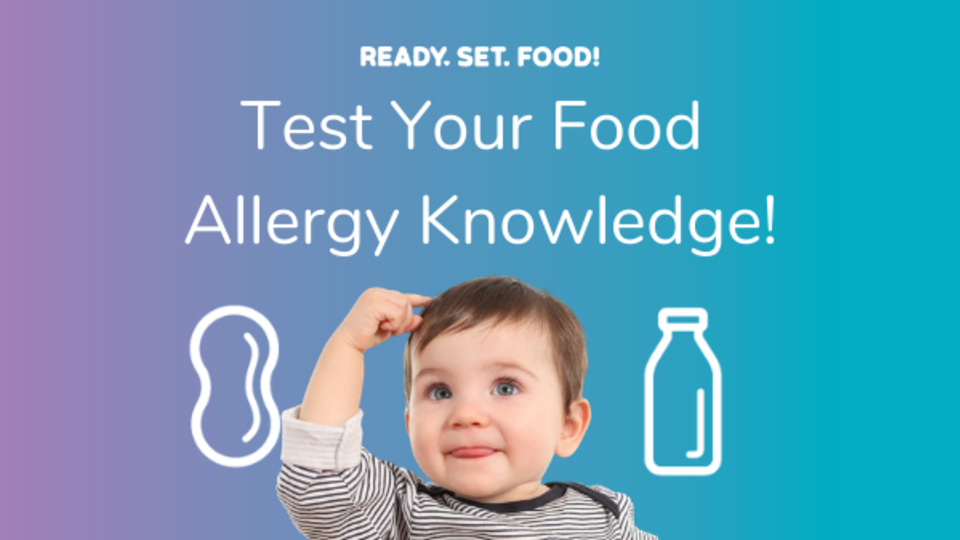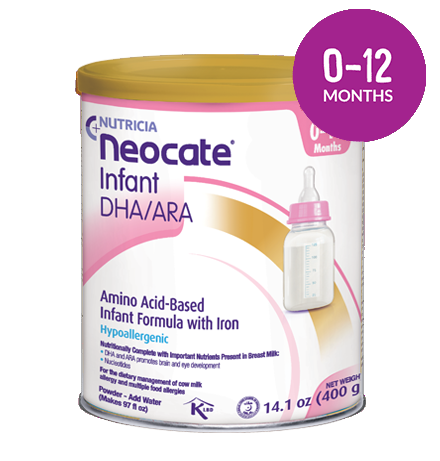food protein induced enterocolitis syndrome wiki
Food protein-induced enterocolitis syndrome FPIES is a non-IgE-mediated food allergy that manifests with projectile repetitive emesis that can be followed by diarrhea and may be accompanied by lethargy hypotonia hypothermia hypotension and metabolic derangements. Food protein-induced enterocolitis syndrome FPIES is an uncommon disorder characterized by an allergic reaction to food that affects the gastrointestinal system.

Fpies Food Protein Induced Enterocolitis Syndrome
Food protein-induced enterocolitis syndrome is an allergic disease with expression predominantly in the GI tract.
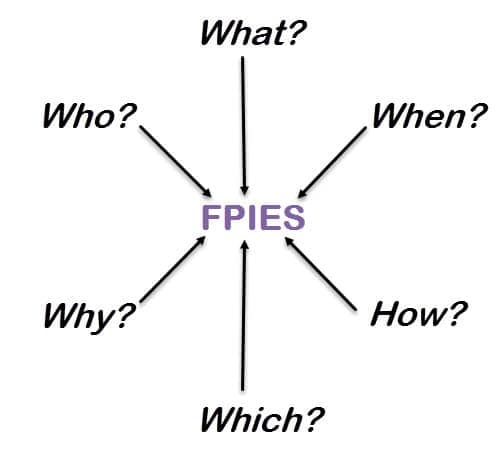
. FPIES food protein-induced enterocolitis syndrome. 1 2 This syndrome is typically characterized by profuse vomiting and lethargy occurring classically 14 hours after ingestion of the offending food. Rice is the most common solid food causing FPIES.
Regular infant formula induced severe vomiting diarrhea fever acidosis and elevation of absolute neutrophil counts ANC of peripheral blood by 27640mm3. Food protein-induced enterocolitis syndrome. 3 Diagnosis of FPIES is difficult.
The hallmark symptom is severe vomiting. Food Protein-Induced Enterocolitis Syndrome FPIES is an inflammation involving both the small intestine and the large intestine colon. Symptoms include severe vomiting and diarrhea and usually occur 2-3 hours after eating a food.
When a child with FPIES eats a trigger food whether it is milk rice oats or another food symptoms develop. The term enterocolitis specially refers to inflammation of the small and large intestines. Symptoms of food protein-induced enterocolitis syndrome can vary from child to child and in severity.
FPIES is a non-IgE-mediated food allergy involving tumor necrosis factor-alpha TNF-α. Food Protein-Induced Enterocolitis Syndrome J Allergy Clin Immunol Pract. FPIES is caused by an immune reaction triggered by common foods and is not an IgE-mediated food allergy.
FPIES usually starts in infancy although onset at older ages is being increasingly recognized. Acute FPIES reactions typically present with delayed repetitive vomiting lethargy and pallor within 1 to 4 hours of food ingestion. This is the talk page for discussing improvements to the Food protein-induced enterocolitis syndrome article.
FPIES is a rare type of food allergy that affects the digestive tract. Grains and in particular rice are the most common solid food triggers in both the USA 79242730 and Australia 2529 but in Australia rice is the most common FPIES trigger. It is also called FPIES pronounced like the letter F followed by the word pies.
Many triggering foods exist but cows milk as in the case reported herein is. Symptoms of vomiting and bloody diarrhea can lead to dehydration andor shock after consumption of certain foods. Regarding CM FPIES there is a report about the capability of tolerating the culprit food if well-cooked baked 12.
FPIES is food protein-induced enterocolitis syndrome. Symptoms show up a few hours after eating. Based on the laboratory findings and challenge results the patient fit the diagnostic criteria.
Food protein-induced enterocolitis syndrome FPIES is an allergic disease probably non-IgE-mediated with expression predominantly in the GI tract. Food Protein-Induced Enterocolitis Syndrome. There can also be diarrhea lethargy dehydration low blood pressure and low body temperature.
FPIES symptoms can be very serious and can include turning grey or blue dehydration and even going into shock. This is not a forum for general discussion of. Food protein-induced enterocolitis syndrome FPIES is a non-IgE-mediated food allergy that usually presents in infancy.
Rice FPIES is associated with more severe reactions than other foods. Enterocolitis is inflammation involving both the small intestine and the colon large intestine. It is commonly pronounced F-Pies as in apple pies though some doctors may refer to it as FIES pronounced fees considering food-protein as one word.
We underline and discuss the main features of food protein-induced enterocolitis syndrome FPIES. Cows milk soy and grains are the most common food triggers. Authors Stephanie A Leonard 1 Mirna Chehade 2 Affiliations 1 Department of Pediatrics University of.
FOOD PROTEIN INDUCED ENTEROCOLITIS SYNDROME FPIES FPIES typically affects children under the age of one year. FPIES can present as a medical emergency with symptoms including delayed persistent emesis or diarrhea that can lead to severe dehydration and hemodynamic instability with abnormal. Food Protein-Induced Enterocolitis Syndrome FPIES Causes.
Whats the most characteristic symptom. Food protein-induced enterocolitis syndrome FPIES is a rare non-immunoglobulin E-mediated gastrointestinal food allergy primarily diagnosed in infancy but has also been reported in older children and adults. To review current knowledge and recent advances in food protein-induced enterocolitis syndrome FPIES.
Food protein-induced enterocolitis syndrome FPIES is a severe presentation of non-IgE-mediated food allergy affecting the gastrointestinal GI tract mainly in infants and young children.
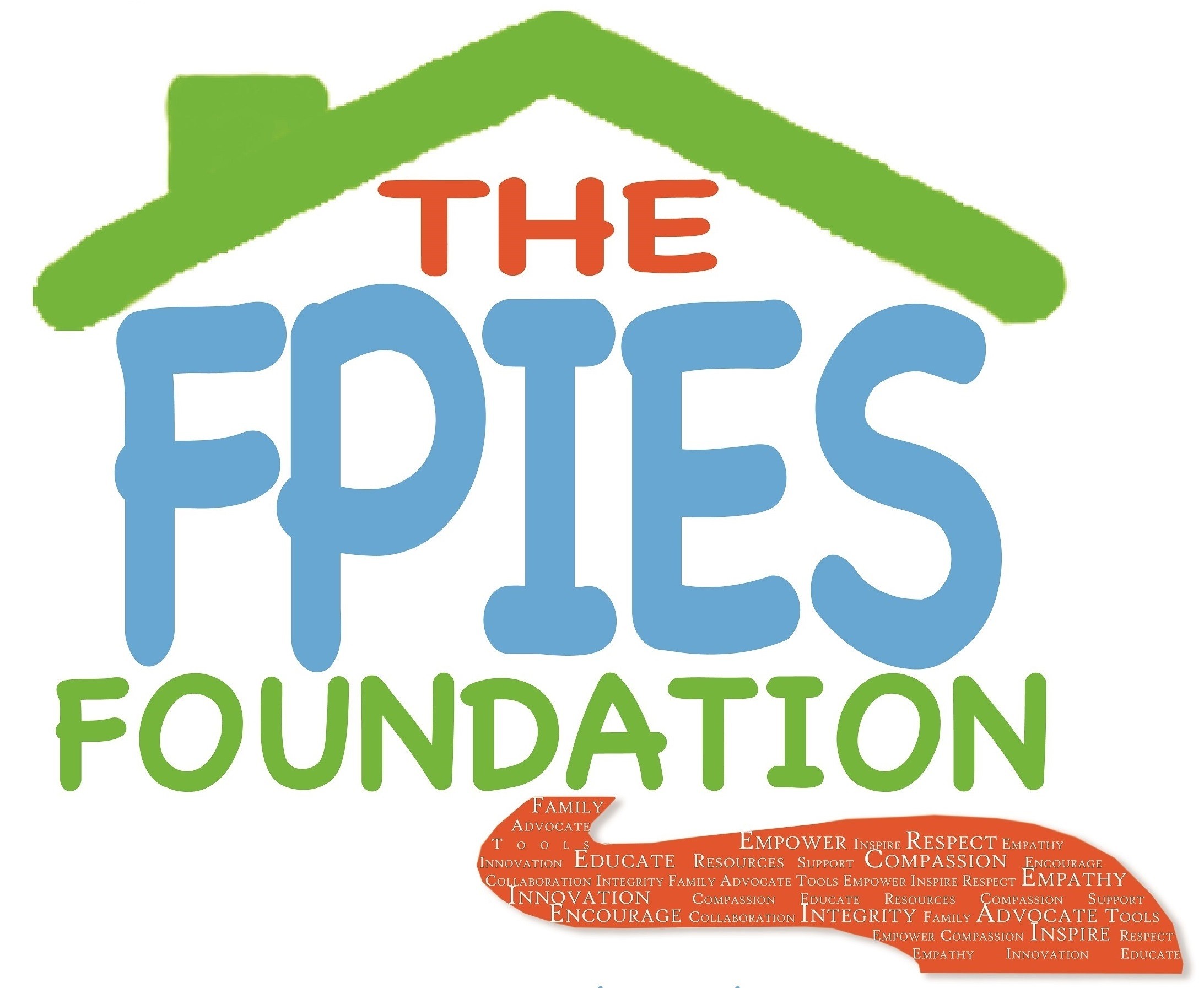
What Is Fpies The Fpies Foundation

Alcoholic Liver Disease Wikiwand
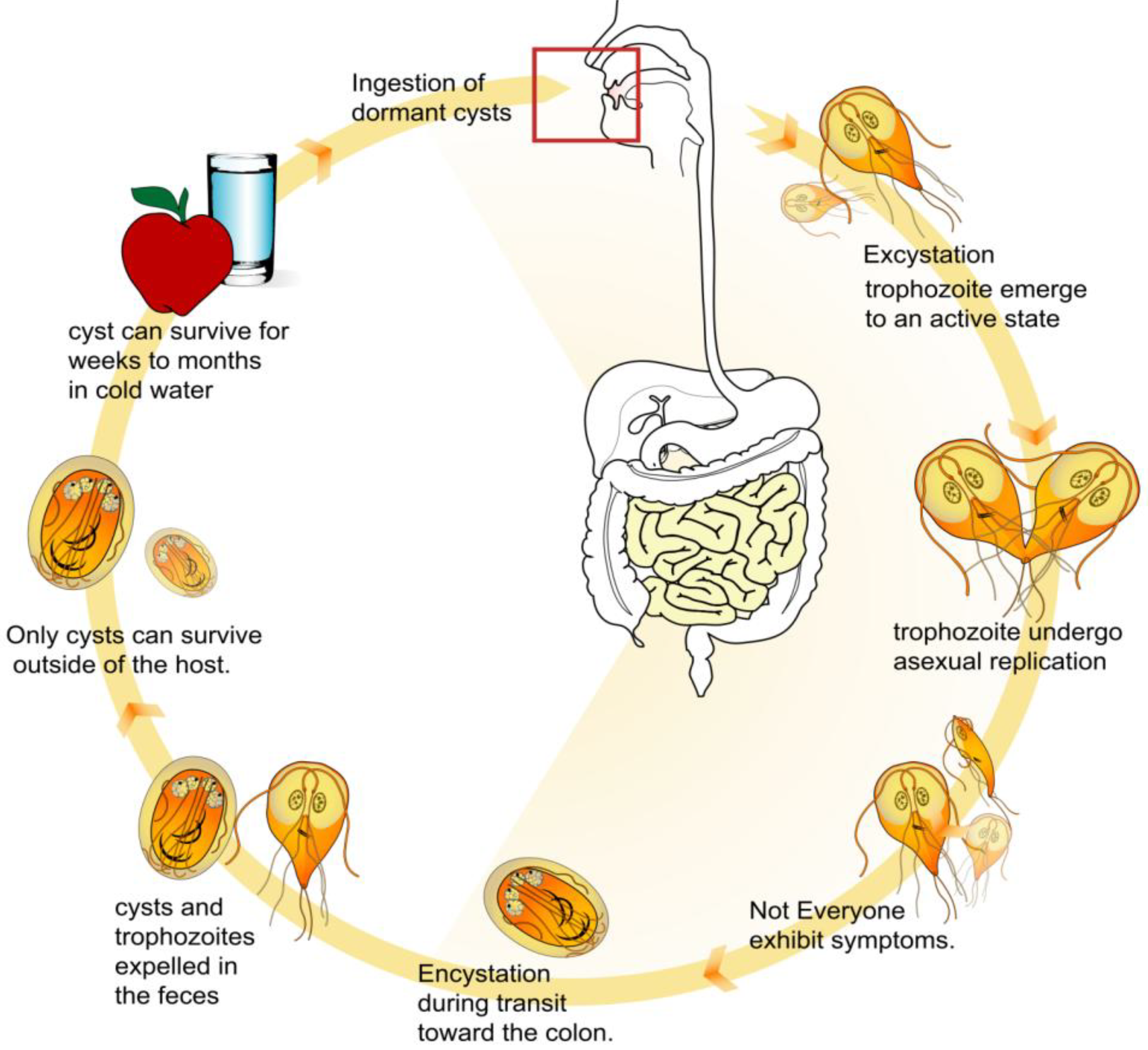
Ijerph Free Full Text Water Related Parasitic Diseases In China Html

What Is Fpies Diagnosis Triggers
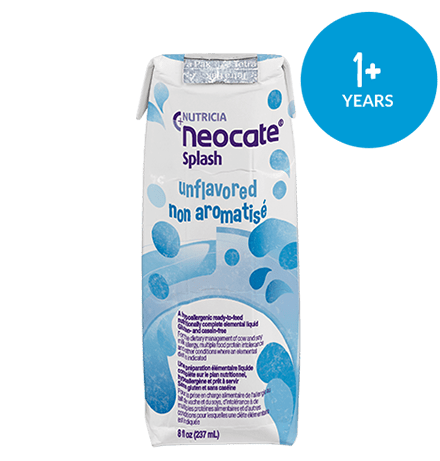
Fpies Food Protein Induced Enterocolitis Syndrome

Fpies Food Protein Induced Enterocolitis Syndrome

Can Food Allergies Cause Vomiting In Babies Ready Set Food Ready Set Food

Fpies In A Mother S Eye Neocate
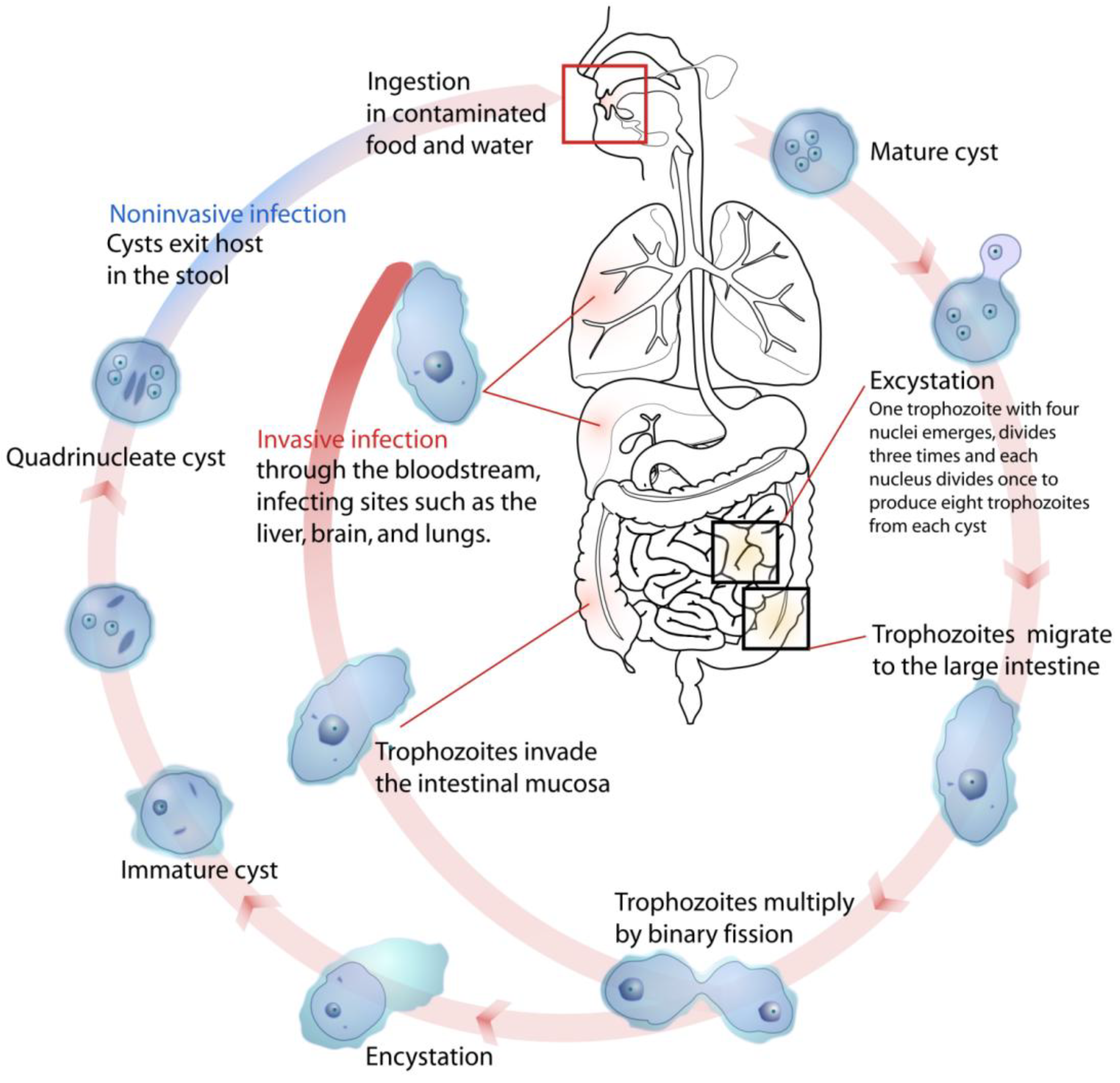
Ijerph Free Full Text Water Related Parasitic Diseases In China Html



